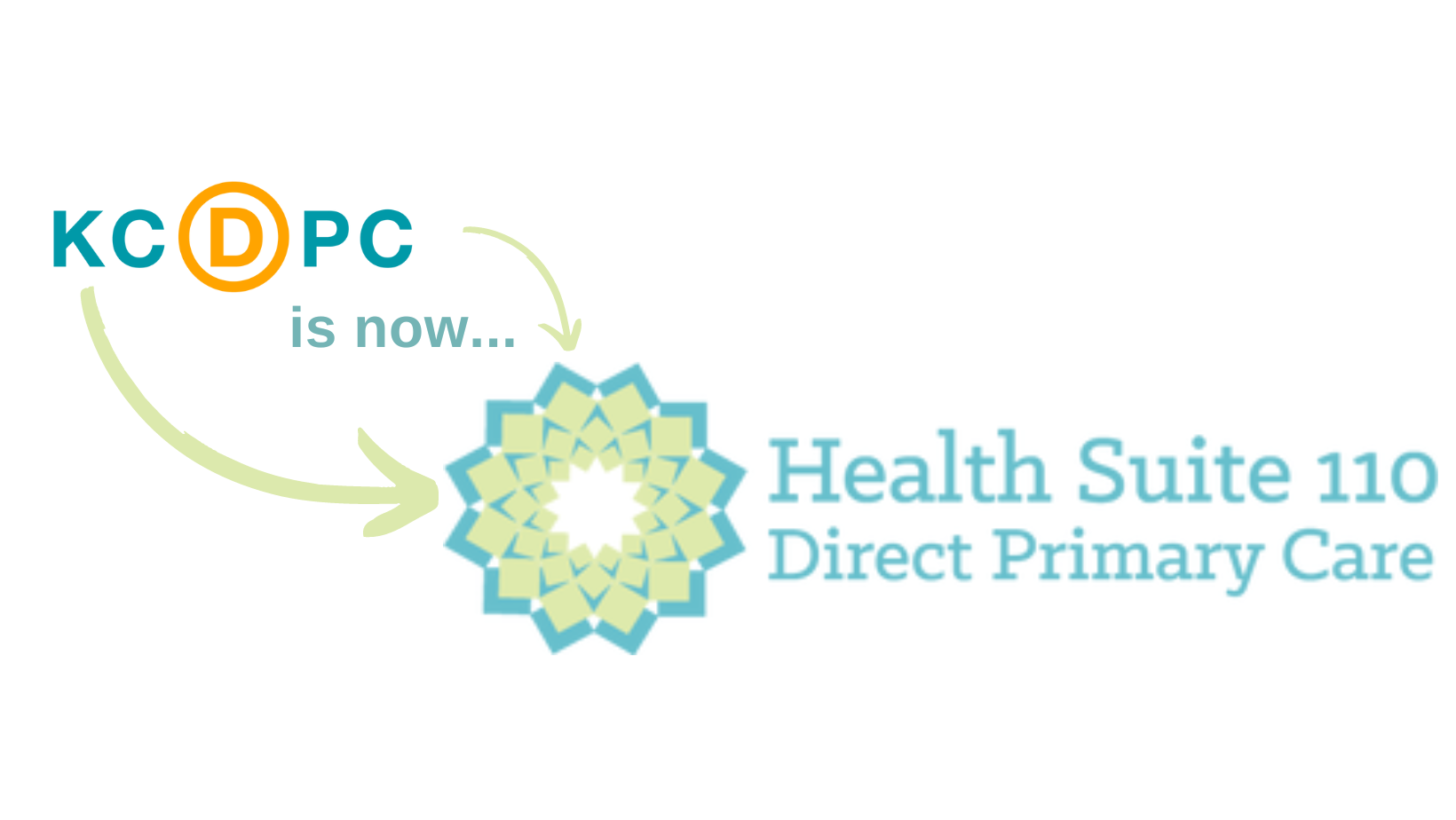I am not a health insurance broker. I am not qualified to give advice on what type of insurance product fits your family best. I don’t even know the plethora (or dearth?) of options that are out there when it comes to health insurance.
But, intrinsic to my job and the relationship I have with people, I frequently find myself falling into conversations revolving around health insurance. It’s impossible to avoid as I figure out where my patients stand with regard to their healthcare access. They share freely: how to get insurance, how they can’t get insurance, its affordability, its unaffordability, its lack of existence, its benefits, its rules, its regulations, deductibles, prior authorizations, rotating assignments of PCPs, PPOs, HMOs, and so on and so forth. I am a repository of anecdotes when it comes to financing one’s healthcare decisions.
It was only when I made the move to DPC that I first heard about Healthcare Sharing Ministries. They aren’t insurance, they don’t claim to be insurance, and they’re fundamentally religious organizations (by design); however, they may offer a glimmer of financial protection in an insurance marketplace that offers individuals less and less. They’re even becoming mainstream, attracting the attention of my local paper, the Kansas City Star, just this week. Read on to see the Star’s take on faith-based ministries.
As with any industry, there are winners and losers; there are those that are doing the “right thing” and there are those just out there to make a buck. Be a smart consumer, talk to a health insurance broker (I have a few I recommend!), and make sure you and your family are protected against the huge financial liability should you need higher-level medical care (though I’ve got you covered when it comes to your primary care, which is 90-95% of what you’ll need anyway!).
Allison Edwards, MD
